E-Waste Recycling Chennai
Enquire Now
E waste Recycling Chennai
At BV Recyclers – your trusted partner for e-waste recycling in Chennai, We are committed to protecting the environment and conserving valuable resources through responsible e-waste disposal.
A growing trend among individuals and businesses is ewaste recycling and reusing old electronics and other electronic waste. This is done in order to reduce the amount of ewaste that is produced, and to help preserve natural resources. In addition, recycling ewaste and other ewaste can result in financial benefits.
What is EWaste?
Ewaste refers to any electronic equipment or material that is no longer needed or is no longer functional. This includes computers, monitors, televisions, printers, and other electronic devices.
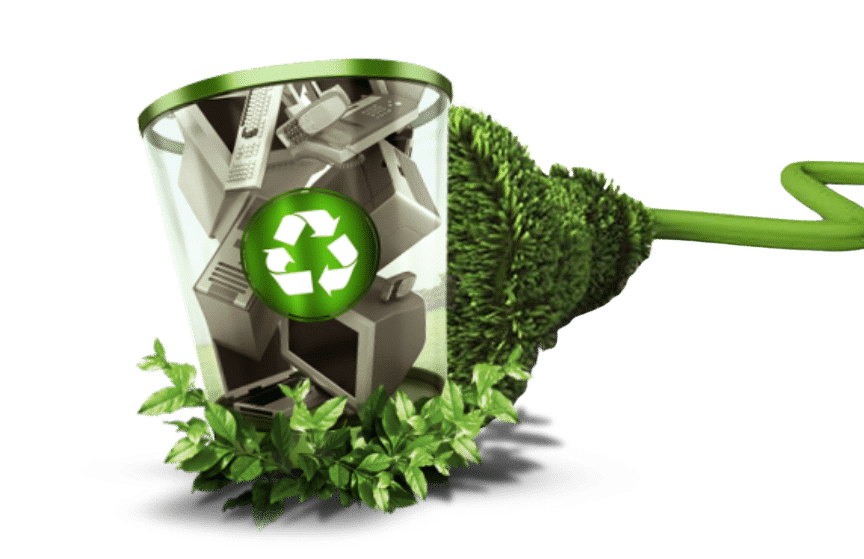
As the world becomes increasingly digitized, the amount of ewaste (e-waste) produced each year is growing at an alarming rate.
E-waste is a major environmental problem due to the toxic substances it contains, such as lead, mercury, and cadmium. If not properly disposed of, e-waste can leach these toxins into the soil and ground water, contaminating both the environment and our food supply.
Fortunately, there are ways to recycle e-waste safely and responsibly. Many electronic manufacturers offer take-back programs for their products, and there are also specialized e-waste recycling facilities that can handle this type of waste.
As a result of recycling our e-waste, we can help protect the environment and keep these toxic substances out of our food and water supply.
Why E-Waste Recycling Matters:
In our fast-paced digital world, electronic devices are continually being replaced, leading to a surge in electronic waste (e-waste). E-waste poses significant environmental and health risks when not handled properly.
- Environmental Preservation:
Electronics often contain hazardous materials like lead, mercury, and cadmium, which can leach into the soil and water when improperly disposed of in landfills. E-waste recycling helps prevent environmental contamination and soil degradation.
- Resource Conservation:
Electronics contain valuable and scarce resources such as gold, silver, copper, and rare earth metals. Recycling e-waste reduces the need for resource-intensive mining and extraction, conserving natural resources.
- Reduction of Energy Consumption:
Manufacturing new electronics consumes significant amounts of energy. Recycling electronics requires less energy than producing new ones, contributing to energy conservation and reduced greenhouse gas emissions.
- Mitigation of Electronic Pollution:
E-waste often ends up in developing countries where unsafe and inefficient recycling practices can lead to air and water pollution. Proper recycling processes help mitigate these harmful environmental impacts.
- Creation of Green Jobs:
The e-waste recycling industry creates employment opportunities in collection, dismantling, refurbishment, and recycling. It contributes to local economies and promotes sustainable employment.
- Compliance with Regulations:
Many regions have enacted laws and regulations governing the disposal and recycling of electronic waste. Proper e-waste recycling ensures compliance with these regulations, reducing legal risks for businesses and individuals.
- Data Security:
Electronic devices often store sensitive personal and business data. E-waste recycling includes secure data destruction processes to safeguard sensitive information, protecting individuals and organizations from data breaches.
- Extended Product Lifespan:
E-waste recycling can involve refurbishing and reusing electronic devices, extending their functional lifespan and reducing the demand for new products.
- Consumer Awareness and Responsibility:
Promoting e-waste recycling encourages responsible consumer behavior and fosters awareness about the environmental impact of electronic waste disposal.
- Corporate Social Responsibility (CSR):
Many businesses recognize the importance of sustainable practices and include e-waste recycling as part of their CSR initiatives, demonstrating their commitment to environmental stewardship.
- Global Impact:
E-waste is a global issue, and responsible recycling practices contribute to global efforts to combat electronic waste and its associated environmental and health risks.
- Circular Economy Advancement:
E-waste recycling is a fundamental aspect of the circular economy, where products are reused, refurbished, and recycled to minimize waste and maximize resource efficiency.
Our E-Waste Recycling Services:
At BV Recyclers, we specialize in the collection, recycling, and responsible disposal of electronic waste. Our e waste recycling chennai are designed to make recycling easy and accessible for individuals and businesses in Chennai.
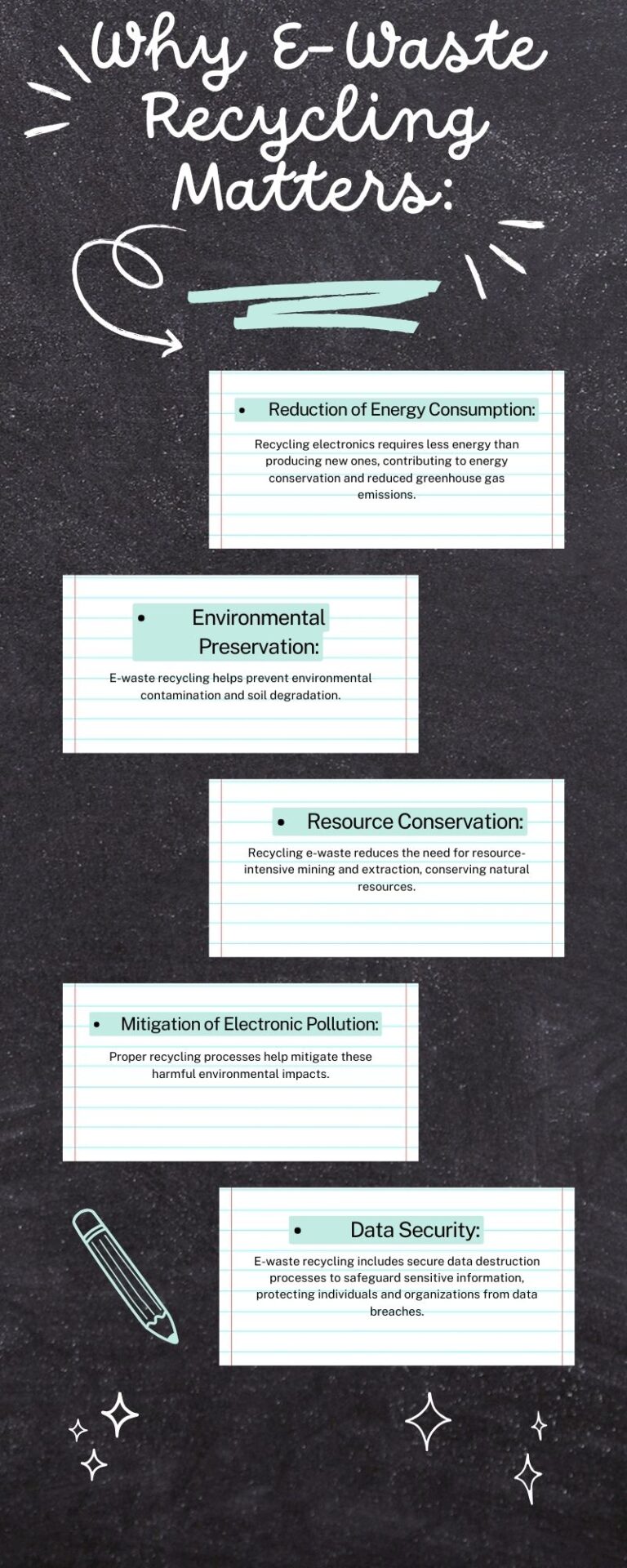
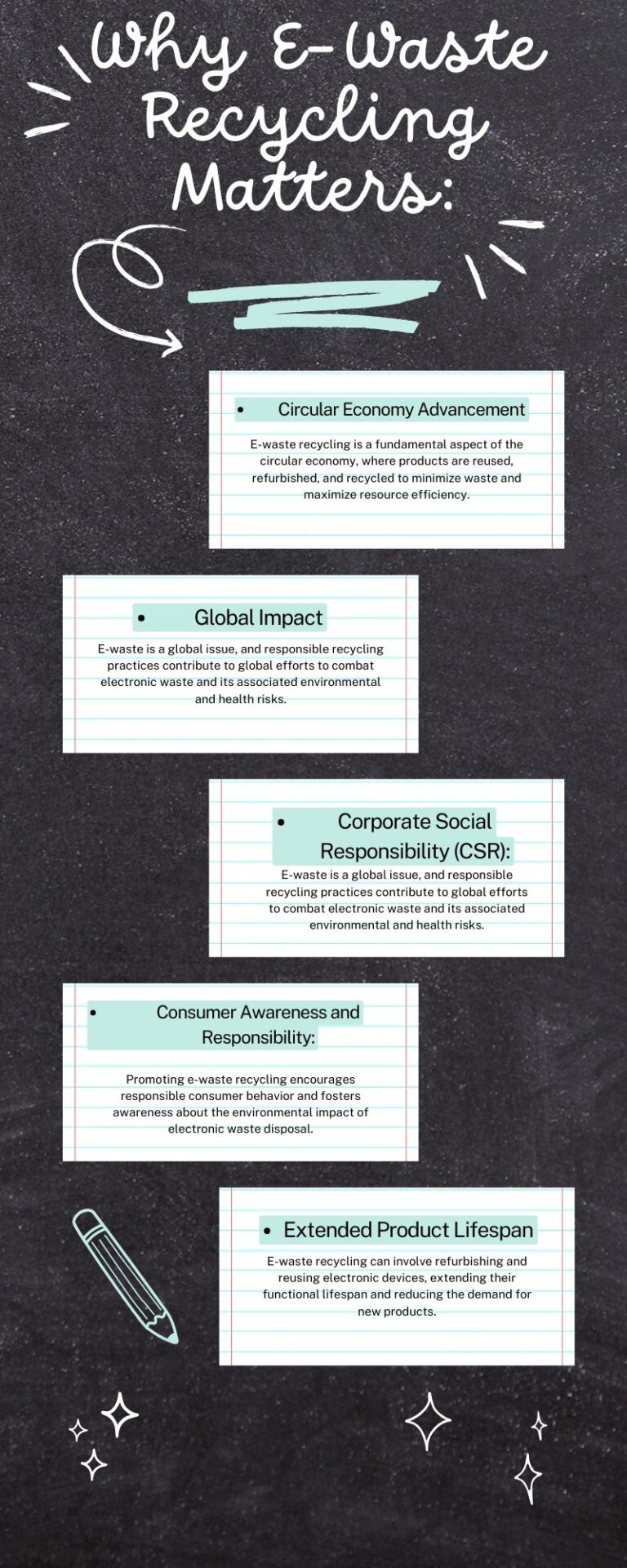
What We Accept (E Waste Recycling):
We accept a wide range of e-waste, including old computers, laptops, mobile phones, printers, batteries, and more. Check our comprehensive list of accepted items.
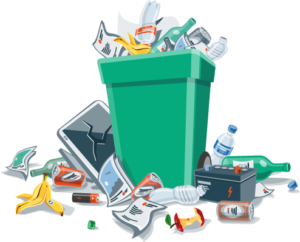
What are the Benefits of E-waste recycling and Electronic Waste?
There are many benefits to e waste recycling. These benefits include reducing the amount of e-waste that is produced, protecting natural resources, and generating financial benefits.
1. Reduces environmental waste.
2. Helps reduce the amount of electronic materials that end up in landfills.
3. Helps decrease the amount of energy that is used to produce electronic materials.
4. Helps preserve valuable materials that would otherwise be wasted.
5. Helps reduce the amount of hazardous materials that are produced by the electronics industry.
Process of e-waste recycling :
The process of e-waste recycling is divided into two main stages: collection and destruction. Collection stage is when the e-waste is collected from the consumer. This can be done through retail stores, by the consumer, or by third-party organizations.
Destruction stage is when the e-waste is broken down into its component parts. This process can involve thermal destruction, chemical destruction, or mechanical destruction.
a. Collection:
E-waste can be collected through various channels, such as drop-off centers, recycling events, or electronic waste recycling companies. Municipalities often organize e-waste collection programs to ensure proper disposal.
b. Sorting and categorization:
Once collected, the e-waste is sorted into different categories based on the type of device and materials used. This step ensures that the recycling process is efficient and maximizes resource recovery.
c. Dismantling and component separation:
In this stage, the devices are disassembled, and different components are separated. This allows for the recovery of valuable materials, such as circuit boards, cables, and plastic casings, which can be reused or recycled.
d. Hazardous material removal:
The hazardous substances present in electronic devices, such as batteries and cathode ray tubes (CRTs), are carefully removed and treated separately to prevent environmental contamination.
e. Shredding and refining:
The remaining materials are shredded into smaller pieces and further refined to separate valuable metals and other reusable materials. These materials are then sent for specialized recycling processes.
f. Recycling and reusing:
The separated materials are sent to recycling facilities, where they undergo various processes to extract valuable metals and recover other reusable components. These materials can be used in the production of new electronic devices or other industries.
Why BVRecyclers E-waste Recycling is the best for E-Waste Recycling in Chennai?
BVRecyclers is the best choice for e-waste recycling in Chennai. With their commitment to environmental sustainability, advanced recycling processes, and convenient services, BVRecyclers stands out as a leading e-waste recycling solution.
BVRecyclers has gained a reputation for being a reliable choice for e-waste recycling in Chennai due to their adherence to strict environmental standards and regulations. They have obtained all the necessary certifications and licenses, ensuring that their recycling process is safe and compliant with the law. By choosing BVRecyclers, you can have peace of mind knowing that your e-waste is being handled responsibly and without causing harm to the environment.
By choosing BVRecyclers for e-waste recycling in Chennai, you contribute to significant environmental benefits. BVRecyclers ensures that e-waste is properly processed, preventing toxic substances from harming the environment. Through their advanced recycling processes, they recover valuable metals and materials, reducing the need for mining and extraction. This not only conserves natural resources but also reduces energy consumption and greenhouse gas emissions associated with the production of new electronic devices.
When it comes to e-waste recycling in Chennai, BVRecyclers emerges as the best choice due to their commitment to environmental sustainability, advanced recycling processes, and convenient services. By opting for BVRecyclers, you can be confident that your e-waste is being handled responsibly and in compliance with regulations. Furthermore, you contribute to significant environmental benefits by reducing the harmful impact of e-waste on our planet. Make the responsible choice and choose BVRecyclers for all your e-waste recycling needs in Chennai.
How much e-waste recycled in india :
In today’s technologically advanced world, electronic devices have become an integral part of our lives. However, with the constant upgrading and disposal of these gadgets, the issue of E-waste, or e-waste, has become a pressing concern
According to the Ministry of Electronics and Information Technology (MeitY), India generated approximately 3.2 million metric tonnes (MT) of e-waste in 2019, making it the third-largest generator of e-waste globally. This number is projected to increase to 5.2 million MT by 2025.
To address the growing e-waste problem, India introduced the E-Waste Management Rules in 2016, which were later revised in 2018. These rules mandate the proper disposal and recycling of e-waste and place the responsibility on manufacturers, importers, and other stakeholders. Additionally, initiatives such as the Extended Producer Responsibility (EPR) program and the establishment of authorized e-waste collection centers have been implemented to encourage recycling and ensure proper management.
Our Recent Post
What are the benefits of metal recovery from e-waste?
Metal recovery from electronic waste (e-waste) offers several significant benefits, both from environmental and economic perspectives. E-waste contains a variety of metals, including valuable and…
Health Risks of e waste recycling
E-waste recycling can pose significant health risks to workers, nearby communities, and the environment. These risks are primarily associated with the hazardous materials found in…
Electronic Recycling Innovations
Electronic recycling innovations are continuously evolving to address the growing challenges associated with electronic waste (e-waste). These innovations aim to improve the efficiency, sustainability, and…
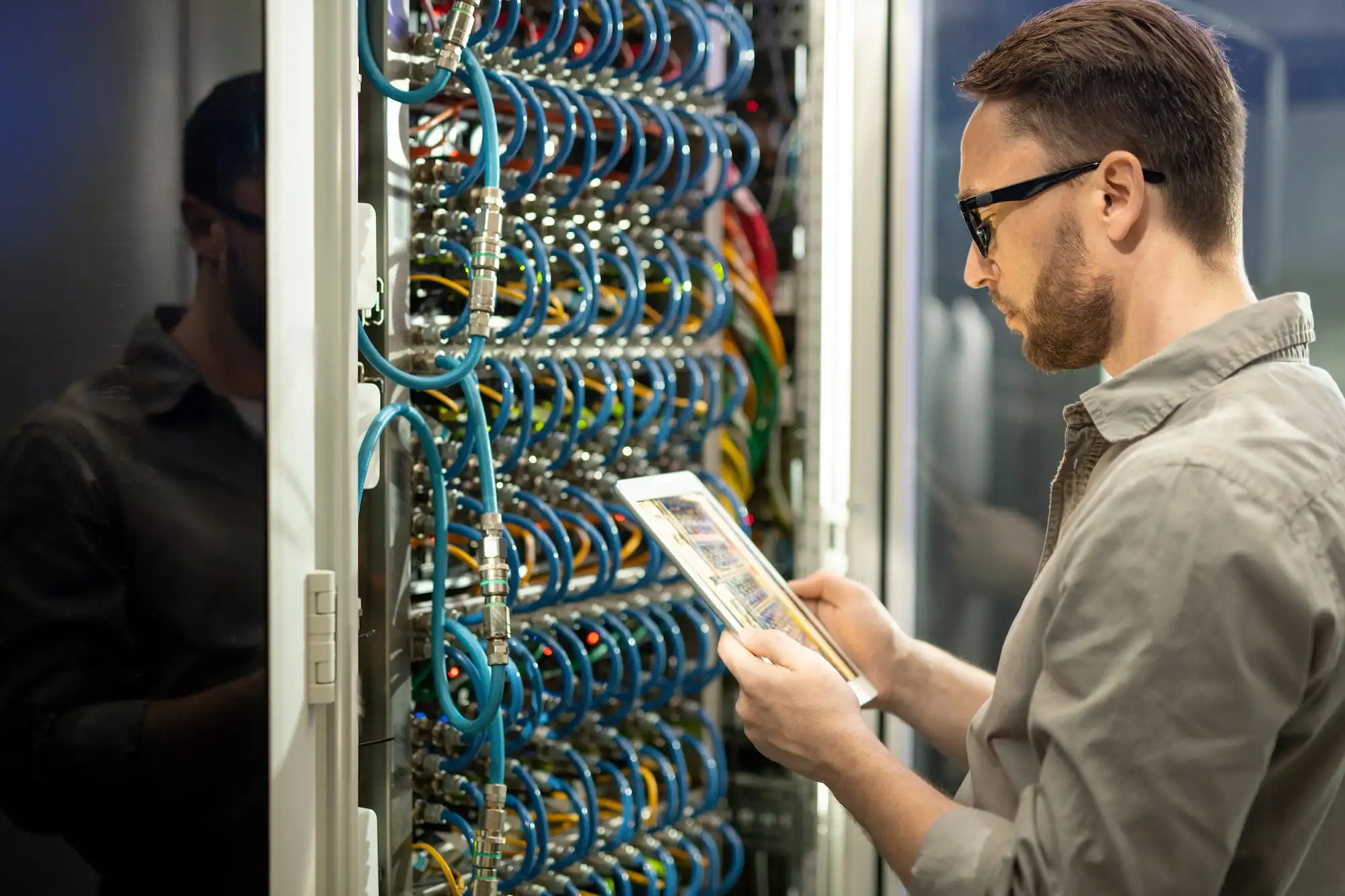
As businesses move away from traditional data centers and towards more distributed or mobile architectures, it’s becoming more and more important for them to have a team of professionals who can help them decommission their old data centers. With the right data center decommissioning services, your business can make the transition smoothly and without any major disruptions.
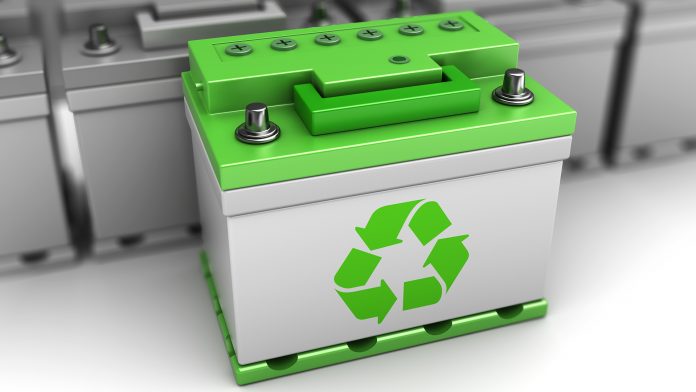
With the increasing awareness of the harmful effects of battery recycling, more and more people are looking to find ways to recycle their batteries.The primary purpose of battery recycling is to reduce the amount of harmful waste that is produced by batteries. Battery recycling services can also create new batteries that are more environmentally friendly.
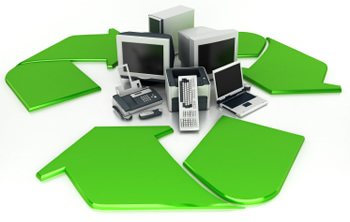
If you are considering selling your assets, then it is important to work with an experienced and reputable asset disposition service. As an asset disposition service company, we helps you sell your assets. We will help you to identify and market your assets, and we will help to negotiate the sale of your assets.

Managed deployment services are a great way to secure the safety and security of your employees, customers, and data. With managed deployment services, you can quickly and easily deploy new software or updates to your company’s IT systems.

It’s never too early to start thinking about your data security. Today, more and more businesses are beginning to realize the importance of data security and are taking measures to protect their data. One great way to protect your data is through onsite data destruction.Onsite data destruction is a process that helps businesses protect their data by destroying it on site. This process helps to protect the data from being stolen or misplaced.
From Trash to Treasure: How E-Waste Recycling Can Benefit You and the Planet
In today’s digital age, ewaste, commonly known as e-waste, has become a significant environmental concern. With the constant evolution of technology and shorter product lifecycles, the accumulation of electronic devices that are no longer in use continues to grow. However, proper disposal and recycling of e-waste can help mitigate the negative impact on our environment. In this blog post, we will explore the importance of collecting e-waste, how to do it responsibly, and the benefits it brings to both individuals and the planet.
1. Why is it important to collect e-waste?
E-waste contains various hazardous materials such as lead, mercury, and cadmium that can be harmful to human health and the environment if not handled properly. By collecting e-waste, we can prevent these toxic substances from ending up in landfills or being illegally exported to developing countries where they can cause severe pollution and health risks.
2. How can you collect e-waste responsibly?
a. Research local e-waste recycling programs: Many communities have established recycling centers or events specifically designed for e-waste collection. Find out where these facilities are located and what items they accept.
b. Check with electronic retailers: Some electronics retailers offer take-back programs for old devices they sell. Inquire about these programs and see if they accept the type of e-waste you have.
c. Contact your local waste management authority: They may have guidelines for e-waste disposal or provide information about pickup services available in your area.
3. What are the benefits of e-waste collection?
a. Resource conservation: E-waste contains valuable materials such as gold, silver, and copper that can be extracted and reused. By collecting e-waste, we reduce the need for mining new raw materials, conserving natural resources.
b. Energy savings: Recycling e-waste requires less energy compared to extracting and refining raw materials. By collecting and recycling e-waste, we reduce energy consumption and the associated greenhouse gas emissions.
c. Job creation: The e-waste recycling industry provides employment opportunities, both in the collection and processing stages. By supporting e-waste collection, we contribute to the growth of a sustainable industry and local economy.
Collecting e-waste is not only an individual responsibility but also a collective effort to protect our environment and promote sustainable practices. By understanding the importance of e-waste collection, responsibly collecting it, and recognizing the benefits it brings, we can actively contribute to a cleaner and healthier future. Let’s all make a conscious effort to properly dispose of our electronic devices and embrace the responsible management of e-waste.
What are the challenges in e-waste disposal and elimination?
- Lack of awareness and education
Insufficient knowledge among the general public on ewaste recycling
Importance of raising awareness about e-waste and its impacts
Inadequate legislation and regulations
- Gaps in e-waste management policies and laws
The need for stricter regulations and enforcement about ewaste recycling
Insufficient infrastructure for e-waste recycling
- Limited ewaste recycling facilities and capacity
The importance of establishing proper ewaste recycling infrastructure
- International e-waste trade
The export of e-waste to developing countries
The need for international cooperation and regulations
- Economic challenges
The high cost of proper e-waste disposal and recycling
Addressing economic barriers for effective management
- Technological advancements and product obsolescence
Rapid technological advancements leading to shorter device lifecycles
Encouraging sustainable design and responsible consumption
